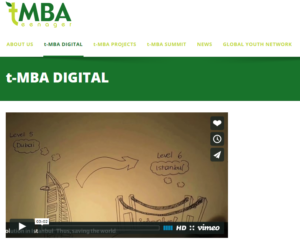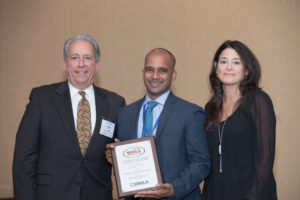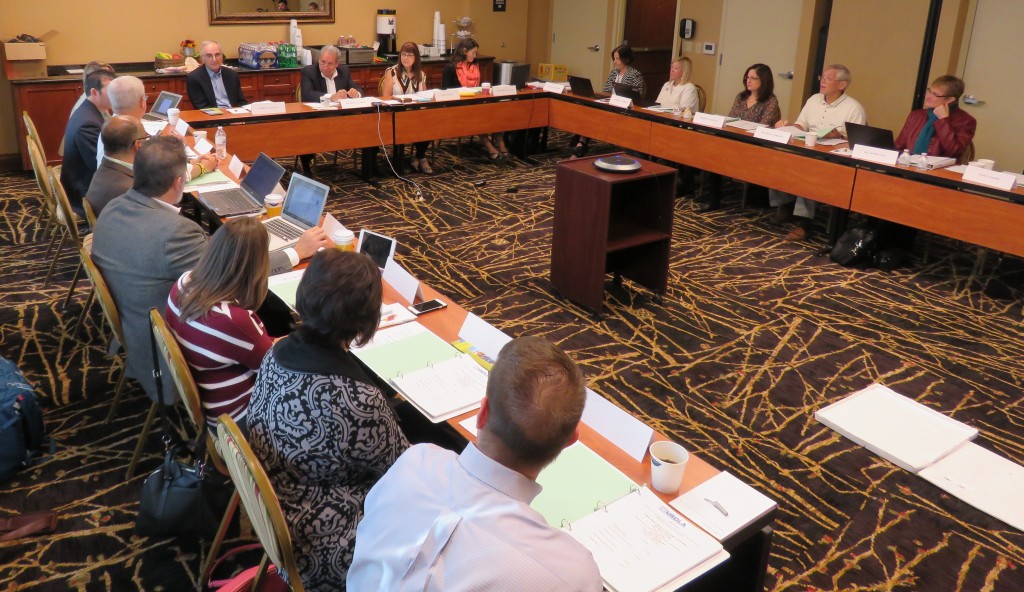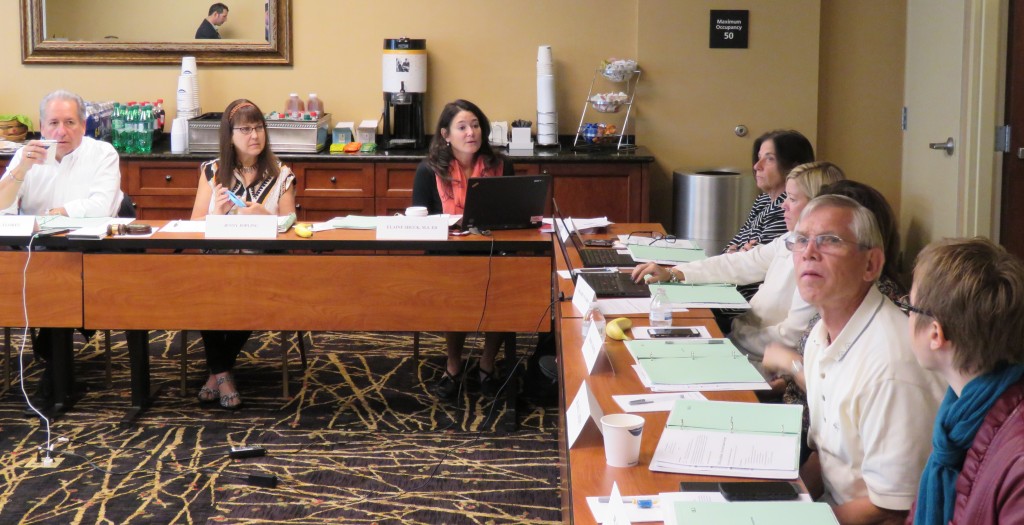Each year the United States Distance Learning Association (USDLA) recognizes the preeminent distance learning practitioners from around the world. The annual awards program not only salutes some often unsung but hardworking professionals but also showcases the “best of the best” so that others may admire and emulate their excellence and innovation. USDLA will be featuring a different 2016 USDLA Award Winner throughout the next several months. So stay tuned to our USDLA blog as we highlight each award recipient and the amazing things they are doing in the name of “Distance Learning”.
USDLA’s 2016 GOLD winner in the category of Distance Learning Programming is the “t-MBA” or Teenager MBA Academic Program of Doga Schools. What is “DOGA”? Doga means “nature” in Turkish and the first Doga School was opened in Beykoz close to Istanbul. Currently there are nearly 100 schools in Turkey, over 20 of which are in Istanbul. The Teenager MBA Academic Program of Doga Schools is this year’s proud USLDA GOLD Award winner in the category of online learning. Doga is a world changing International education model and t-MBA Digital is an online, gamified, personalized version of the Doga concept educational model. It is personalized so that each user takes an enneagram personality test at the beginning of the process. With the results of the test, t-MBA then allocates each user a personality type from their findings. In turn, this produces a customized, gamified learning curriculum for each individual user. It is gamified because users complete learning thru stories, badge earning, leadership points, endorsements, peer graded case studies and projects as well as video lectures by t-MBA experts and reference videos. Through this system, t-MBA Digital is able to increase student engagement, interest, motivation, participation and encourage innovating, sharing and competing.
 Sibil Solak, Department Manager of the t-MBA Program for Doga Schools in Turkey, shared with me “Doga is the biggest educational company of Turkey and teaches the Doga method from kindergarden to high school”. Kindergarden/primary Schools use a nature based educational concept, middle schools have a student oriented educational system and high schools use the t-MBA education model. I personally find this concept very impressive and firmly believe that the Doga method is producing citizens of the world!
Sibil Solak, Department Manager of the t-MBA Program for Doga Schools in Turkey, shared with me “Doga is the biggest educational company of Turkey and teaches the Doga method from kindergarden to high school”. Kindergarden/primary Schools use a nature based educational concept, middle schools have a student oriented educational system and high schools use the t-MBA education model. I personally find this concept very impressive and firmly believe that the Doga method is producing citizens of the world!
Marci Powell, USDLA Chair Emerita and Past President states, “International recognition is well deserved for the significant work being done in Istanbul to engage secondary students. When looking for innovation in online learning worldwide, the t-MBA program is a testament to the power of gamified learning curriculum to teach teenagers the foundations of business.”
Please visit the t-MBA Digital website and checkout the video to learn more and for more information about Doga International Schools please visit: http://dogainternationalschools.com/en/

Written by:
Janet Major, USDLA Board Member
About United States Distance Learning Association (USDLA) The United States Distance Learning Association (USDLA) is a non-profit association formed in 1987 and is located in Boston, Massachusetts. The association reaches 20,000 people globally with sponsors and members operating in and influencing 46% of the $913 billion dollar U.S. education and training market. USDLA promotes the development and application of distance learning for education and training and serves the needs of the distance learning community by providing advocacy, information, networking and opportunity. Distance learning and training constituencies served include pre-k-12 education, higher and continuing education, home schooling as well as business, corporate, military, government and telehealth markets. The USDLA trademarked logo is the recognized worldwide symbol of dedicated professionals committed to the distance learning industry. https://usdla.org .




